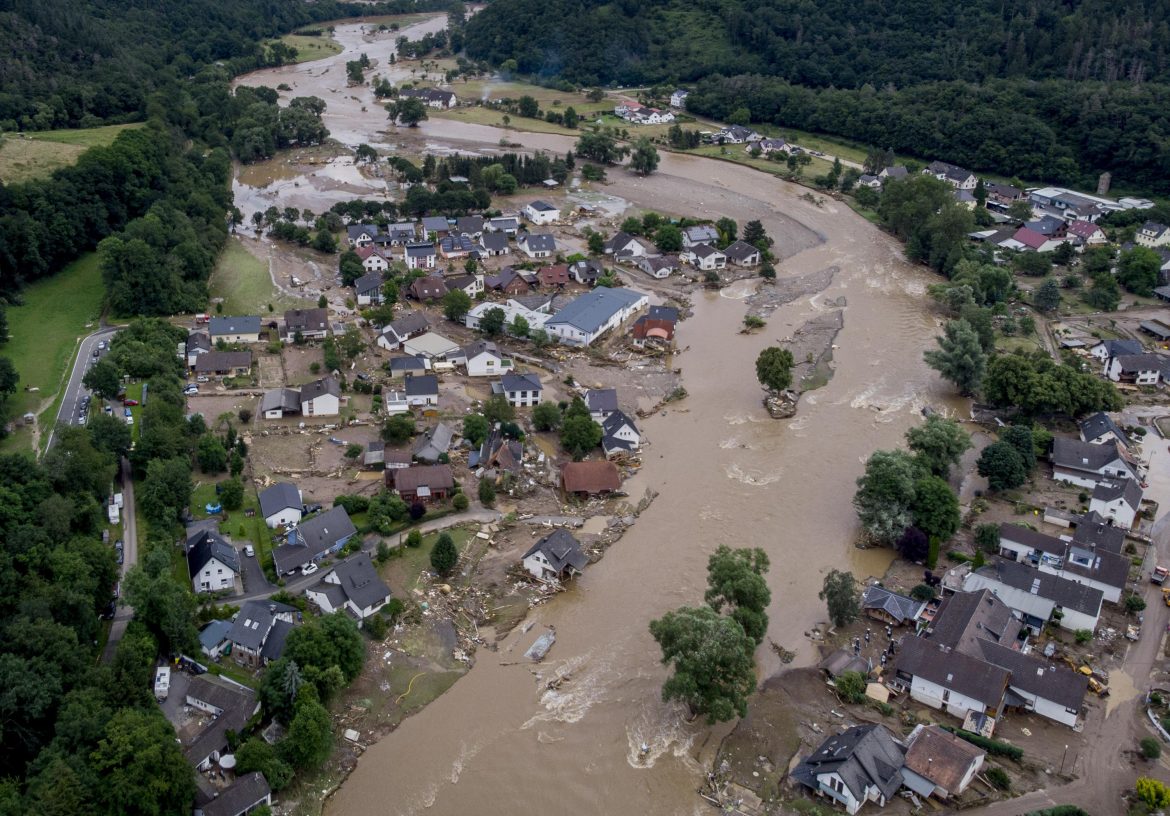A 2021 Weather Climate and Catastrophe Insight from British-American multinational professional services firm, Aon, has shown that over $600 billion was lost to flooding and storms in Nigeria and the rest of the world in the last three years.
The report, which evaluates the increasing frequency and severity of disruptive natural disasters and how their resulting economic losses are protected globally, shows that flooding events in Europe and China took up $75 billion of the figure.
According to the report, there was a total of $343 billion in economic losses last year, $329 billion of which resulted from weather and climate-related events, making last year the third costliest on record after adjusting for inflation.
Read also: Australia, Indonesia strengthen ties in climate change fight
The report showed that the number of notable disaster events slightly decreased, demonstrating the heightened costliness and severity of these events, adding that of the losses, only 38 per cent were covered by insurance.
Swiss Re Institute research, In its account, showed that natural disasters accounted for a total global economic loss of $270 billion and insured losses of $111 billion (previously estimated at $112 billion)in 2021.
This, according to the report, represented a yearly rise in global economic losses from $203 billion in 2020, with a similar rise in $90 billion in insured losses.
“The fourth highest figure on its records and continues a long-term trend of insured losses increasing by a yearly average of between five and seven-per-cent worldwide,” according to the report.
In 2020, the report showed that total losses from natural and man-made disasters were estimated at $187 billion up 25 per cent from 2019, adding that that marked a hike from 2019 when natural disasters caused losses of $139 billion but remains below the 10-year average of $202 billion.
The report further stated that there were $3.64 trillion in losses and that its economic losses have increased sevenfold from the 1970s to the 2010s, going from an average of $49 million to a whopping $383 million per day globally.
Story was adapted from the Nation.
